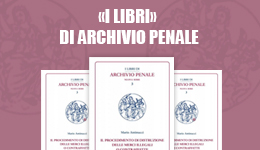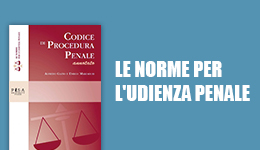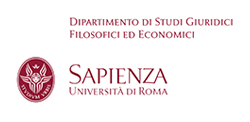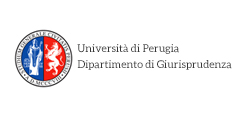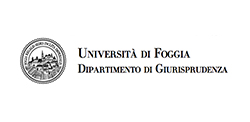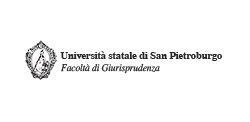Aspetti problematici dei delitti di falso
Archivio Penale
© dell'autore 2021
Ricevuto: 23 November 2021
| Accettato: 30 November 2021
| Pubblicato: 01 December 2021
L’intero articolo è disponibile
Riassunto
L’Autore affronta una delle problematiche più spinose ed irte di difficoltà della parte speciale del codice penale ovverosia i delitti di falso. Ciò lo si desuma già dal bene giuridico di categoria, indubbiamente dai contorni assai sfumati e cioè la fede pubblica, che necessita di un’opera di concretizzazione che l’Autore compie utilizzando il ben noto criterio di “seriazione dei beni giuridici” mediante la differenza tra bene strumentale, ovverosia, a seconda dei casi, la genuinità o la veridicità del documento ed il bene finale, appunto la fede pubblica. L’Autore, pure per chiarire ulteriormente la differenza tra falso materiale e falso ideologico, affronta anche da un punto di vista storico i delitti di falso, che, come è noto, derivano dal delitto di truffa, costituendo, infatti, una frode in incertam personam. Questa accezione, tuttavia, è stata in un certo senso abbandonata dalla Sezioni Unite penali della Cassazione che, in una recente sentenza, hanno interpretato il delitto di false comunicazioni sociali soprattutto come reato di inottemperanza, dando così luogo ad una ipotesi di c.d. giurisprudenza giuscreativa. Nel saggio ci si occupa anche dei c.d. falsi inoffensivi, ove eccezionalmente sussiste uno scarto tra tipicità ed offesa, nonché l’annoso problema relativo al dolo nei delitti di falso, ove dovrebbe riemergere l’offensività onde evitare di finire nelle secche del dolus in re ipsa. Altro capitolo riguarda le falsità personali, non facilmente riconducibili alla fede pubblica, nonché le ulteriori fattispecie criminose, ove il legislatore, nella smania di prevedere ogni e qualunque possibile ipotesi delittuosa, ha reso la materia intrisa di artificiosità e, quindi, di duplicazioni, che è il difetto principale dei delitti contro la fede pubblica e che, quindi, necessiterebbero, de iure condendo, di una drastica opera di semplificazione.
Problematic aspects of forgery offences
The Author tackles one of the thorniest and most difficult issues of the special part of the criminal code, namely the crimes of forgery. This can already be deduced from the category juridical good, undoubtedly with very nuanced outlines, that is public faith, which requires a work of concretization that the Author carries out using the well-known criterion of "serialization of juridical goods" by means of the difference between instrumental good, that is, depending on the case, the authenticity or truthfulness of the document and the final good, precisely public faith. The author, also to further clarify the difference between false material and false ideological, also deals with the crimes of the hawk from a historical point of view, which, as is well known, derive from the crime of fraud, constituting, in fact, a fraud in incertam personam. This meaning, however, was in a certain sense abandoned by the United Criminal Sections of the Cassation which, in a recent sentence, interpreted the crime of false corporate communications above all as a crime of non-compliance, thus giving rise to a hypothesis of the so-called creative jurisprudence. The essay also deals with the so-called false harmless where exceptionally there is a gap between typicality and offense, as well as the age-old problem relating to willful misconduct in crimes of forgery, where offensiveness should re-emerge in order to avoid ending up in the shallows of the dolus in re ipsa. Another chapter concerns personal falsehoods, not easily attributable to public faith, as well as further criminal offenses, where the legislator, in the desire to foresee any and all possible criminal hypotheses, has made the matter steeped in artificiality and therefore in duplications, which is the main defect of crimes against public faith and which would therefore require de jure condendo a drastic work of simplification.
Percorso di valutazione
Peer reviewed. Certificazione della qualità


